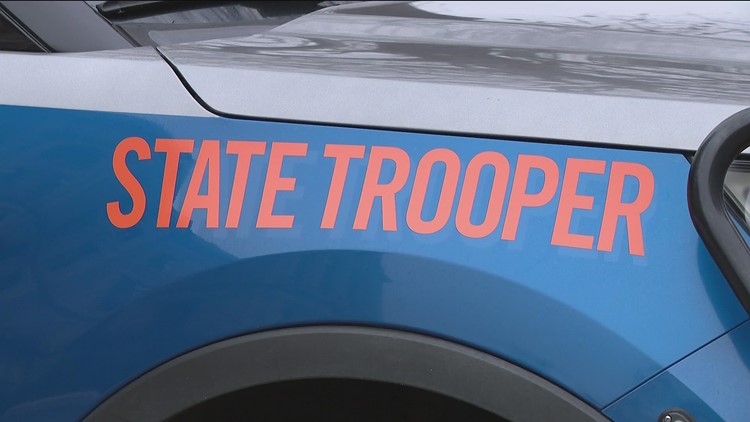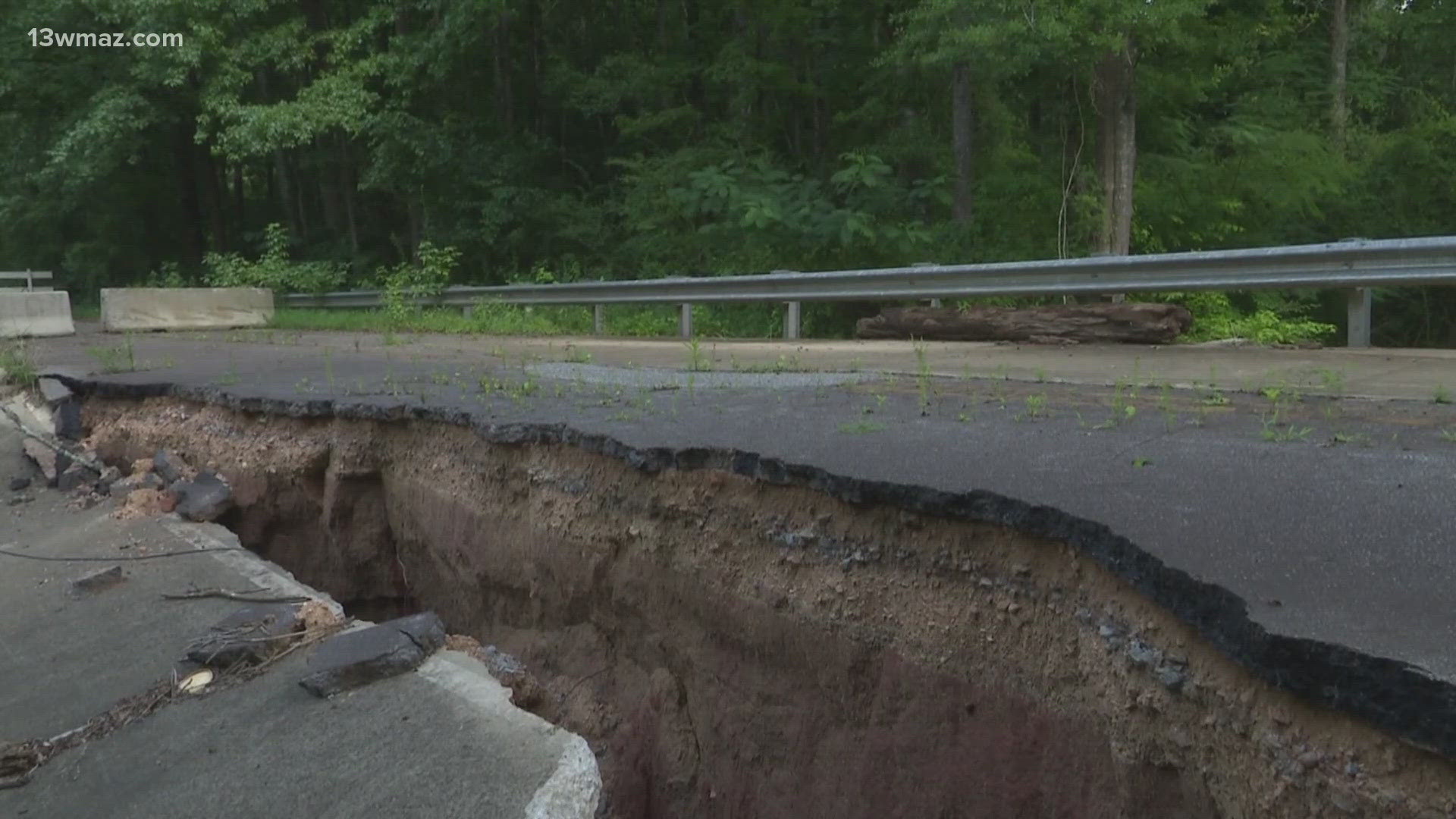FORSYTH, Ga. — At the Georgia Public Safety Training Center in Forsyth, Georgia State Patrol trainees prepare for their future careers with the agency.
But a ruling by the Georgia Supreme Court on Tuesday allows a nearly $5 million lawsuit against the state patrol to move forward.
During troopers' intense training period, the lawsuit claims 400 trainees between 2014 and 2020 were "systematically short-changed" to the tune of "a staggering $4.78 million" in unpaid overtime over six years.
"These cases are tough," Attorney Jeffrey Peil said. "We never thought it was a foregone conclusion, and we haven't won yet. The only thing the Georgia Supreme Court said is you have a case, go back — and let the case begin."
At the core of the lawsuit is a dispute over whether troopers were properly paid for their nearly 62.5 hours of training each week during Trooper Academy.
That's because the Georgia State Patrol claims the troopers were not entitled to overtime under the Fair Labor Standards Act. The cadets' attorney says the agency is required to pay them overtime.
Former State Trooper Andrew Justice filed the lawsuit in 2020, and in total, Justice claims he is owed nearly $12,000 in overtime pay.
While at the training center, troopers were required to work long, demanding hours, the lawsuit says. During the 20-week trooper academy, they would typically log 12-hour days.
But a Fulton County Judge Ural Glanville tossed out the case in October 2021 not because of the case's substance, but instead, Glanville ruled the Department of Public Safety was entitled to sovereign immunity.
That’s the legal doctrine that only allows certain lawsuits against the government, limiting lawsuits against taxpayer-funded agencies.
However, the Georgia Supreme Court reversed Glanville's decisions, because there are exceptions to sovereign immunity.
One of those "waivers" to sovereign immunity is when a government agency enters into a written contract, and the court says in hiring Justice, the Georgia Department of Public Safety did just that.
While it was not a traditional, sign-on-the-dotted-line contract, the judges found the email job offer and other onboarding paperwork demonstrated "the existence of a written contract with DPS on which his action is based," the ruling said.
That meant the Georgia Department of Public Safety could be sued in this case and the troopers’ case could move forward.
But the Georgia Supreme Court did not answer the key question at the heart of the case: Are the troopers entitled to overtime under the Fair Labor Standards Act?
A footnote in the lawsuit suggests the answer to that question hinges on whether or not the troopers in training were “sworn” or “non-sworn” employees.
If they were non-sworn, the attorneys claim GSP would be on the hook for overtime, but if they were sworn, state patrol says they wouldn’t receive overtime.
The Supreme Court sent that question to the Fulton County Superior Court for consideration.
The Department of Public Safety rejects that the trainees were entitled to overtime pay and says they don't owe the cadets anything. They say the troopers were properly paid for their training at the public safety training center.
Justice was a member of the controversial 106th Trooper School who was fired in 2020 after a cheating scandal, but they were later cleared in 2021. That came after the Police Officer Standards Training Council found there was "really no intent to deceive or cheat by the vast majority" of cadets, director Mike Ayers said at the time.
Only one of the 33 troopers and two staff members at the training center were not cleared.



